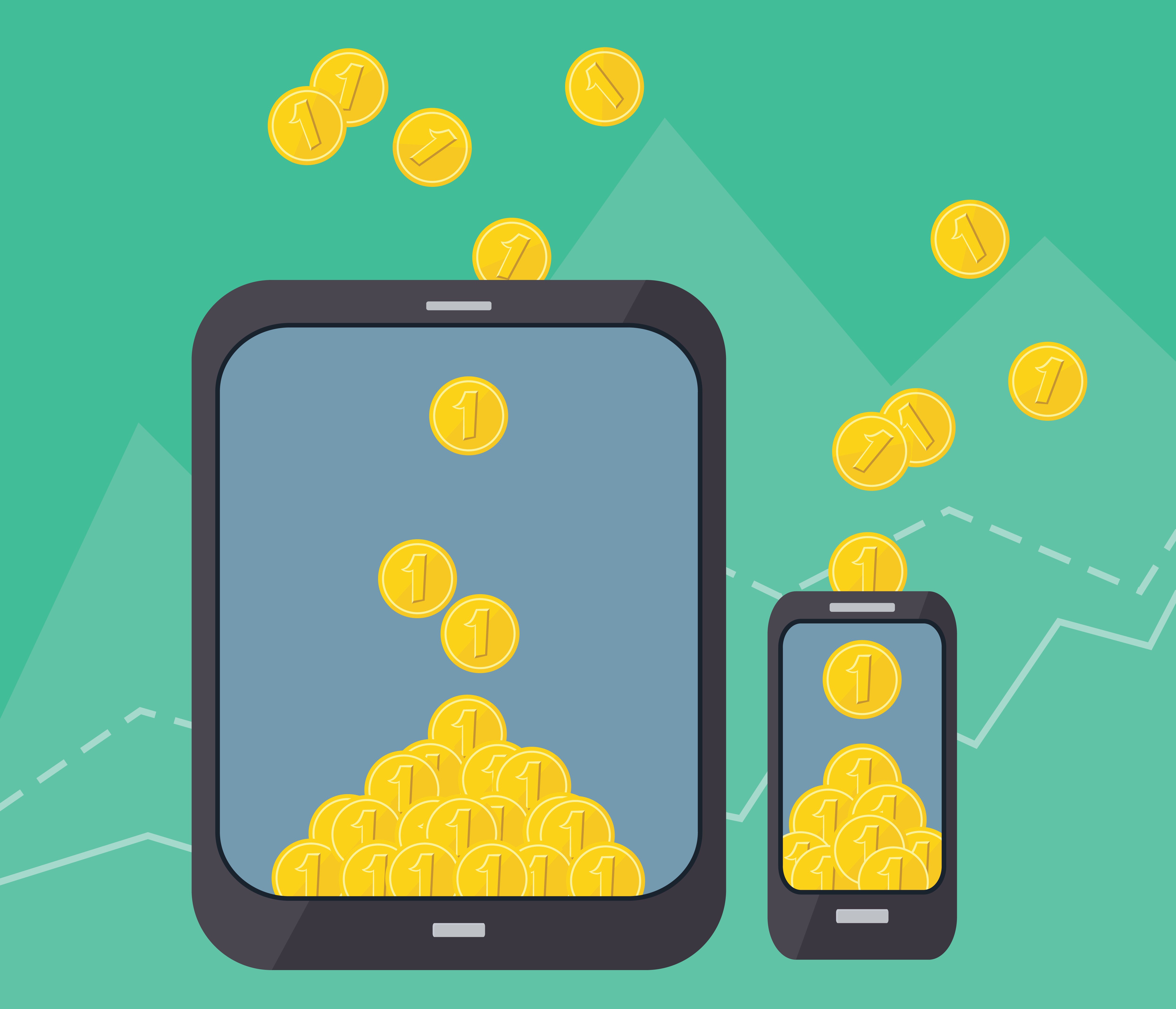
When people talk about monetizing, they’re usually talking about some sort of scheme. Because anything that needs to be monetized can’t just be simple. If it was simple, you wouldn’t need a word like monetize. You’d just be making money selling a service or product.
No, monetizing is that word we need to explain how Facebook makes money. They’re monetizing friendships and privacy. Twitter is monetizing clever quips and the latest freak-out over Trump (often the same thing). Snap is monetizing looking silly to your friends with branded filters.
Most of these monetizing schemes are all variations on the same theme: How to sell your attention, your eyeballs, to someone else. So what’s good for business is whatever can extract the most attention from your sockets. Talk about an abusive, adverserial dynamic.
The industry euphemism for this is “engagement”. But really, anyone who’s monetizing could not care less whether you’re actually engaged or just addicted, zoned out, or not even in the room. As long as the app is open, the video is playing, the timeline is updating. As long as the metrics meter is ticking, monetizers be monetizing.
The defense is that this is how we get these apps for free. How oxymoronic. Here’s this thing for “free”, if you give me the most valuable things you own: Your attention, your privacy, your peace of mind. The price tag may say $0, but it ain’t free.
This doesn’t mean that you’re buying nothing. There’s all sorts of wonder and delight in them silos. But is it worth it?
That’s really the crux of being monetized. It’s a sly, hazy, and indirect way of getting charged. It’s not easy to compute the balance after you’ve been deducted, but deducted you’ve been. And it’s well worth paying closer attention to just how much.
But right now that’s pretty hard. When you start spending your attention, or “engagement”, on a new app, it’s like eating a beef jerky stick from the gas station with the declaration: Full of mystery meat! You probably know it’s not going to be good for you, but it’s easier to explain away when you don’t exactly know how bad and bad in which ways it is.
I’d love to see all monetized apps come with a declaration of costs and consequences. Maybe like ads for drugs in the US are forced to walk through the side-effects. Perhaps more people would think twice if the label for Facebook read:
Everything you say and do on Facebook will be used against you by advertisers for targeting that’s most likely to catch you at your most vulnerable, needy moment. Your consumption of the echo chamber timeline will lead to a narrower field of vision of the world. We may try to tinker with your mental well-being at any time, if we determine that a depressed state increases engagement on the A/B by any margin.
Consumption of a monetized apps should always be pondered with skepticism. The whole lot of them fall into what we should label “a family of products with known mental carcinogens; further study recommended”.
It wouldn’t surprise me if twenty years from now we view the likes of Facebook with the same incredulity we do now to smoking: How could they not know it did this to their health?
For the past 13 years, I’ve been selling a simple piece of software called Basecamp. A saner, calmer way to manage projects and communicate company-wide. There’s no monetization scheme, just a good product for a fair price. That’s it.

